If you’ve read a few of my reviews, it should be readily apparent that I’m really into RPGs. And as far as the RPG genre goes, there are really only two franchises that I find myself pouring the most obsessive fanboyism into: Dragon Age and Dark Souls (I’m so sorry, Final Fantasy). I’ve been riding the Souls train ever since I happened upon DEMON’S SOULS as a wee youngun in 2009. Though, as our esteemed editor has pointed out in a previous review, it wouldn’t be until 2011 where the genre-defining developer FromSoftware would get its foothold in the mainstream with the smash hit, DARK SOULS. This Eastern take on the Western RPG immediately captivated the market with its mastery of constructing dark fantasy, a heavily-detailed world that excels in indirect storytelling, and most notably with its unforgiving, yet immensely rewarding, gameplay. But chances are, you already knew this.
Lo and behold, six-odd years after the initial release of DARK SOULS and less than a year after the series’s “official” conclusion with the expansion “The Ringed City,” the dark-fantasy franchise has become a household name amongst those in the gaming community. And, as with any successful product, many attempts have been made by other developers to follow suit, trying their hand at emulating Hidetaka Miyazaki’s magnum opus. There have been a number of games, dubbed Souls-likes, over the past few years that borrow from the DS formula of being cryptic in story and brutal in gameplay, and have performed to varying degrees of success. These typically range from “eh, that’s pretty decent” with games like THE SURGE and SALT AND SANCTUARY, to “that’s beyond disappointing” with games like ABSOLVER and LORDS OF THE FALLEN.
The main issue that befalls these Souls-like games is right in the name: Souls-like.The majority of these games effectively live and die by how well they can emulate the Souls series, be it tone, gameplay, what have you. That doesn’t necessarily do these games any favors, considering how high a bar the Souls series has created, and more often than not results in some sort of detracting moniker. The fact that these games fall under the umbrella term of Souls-like makes them just another drop in the bucket, and robs them of any identity of their own. SALT AND SANCTUARY isn’t SALT AND SANCTUARY, it’s “2D Souls”; DARK MAUS and the upcoming game EITR aren’t their own unique works that borrow aspects or were inspired by Souls, they’re both “Isometric Souls.” LORDS OF THE FALLEN doesn’t even get a positive or neutral differentiator, it’s just “Diet DARK SOULS”.
And then there’s NIOH.
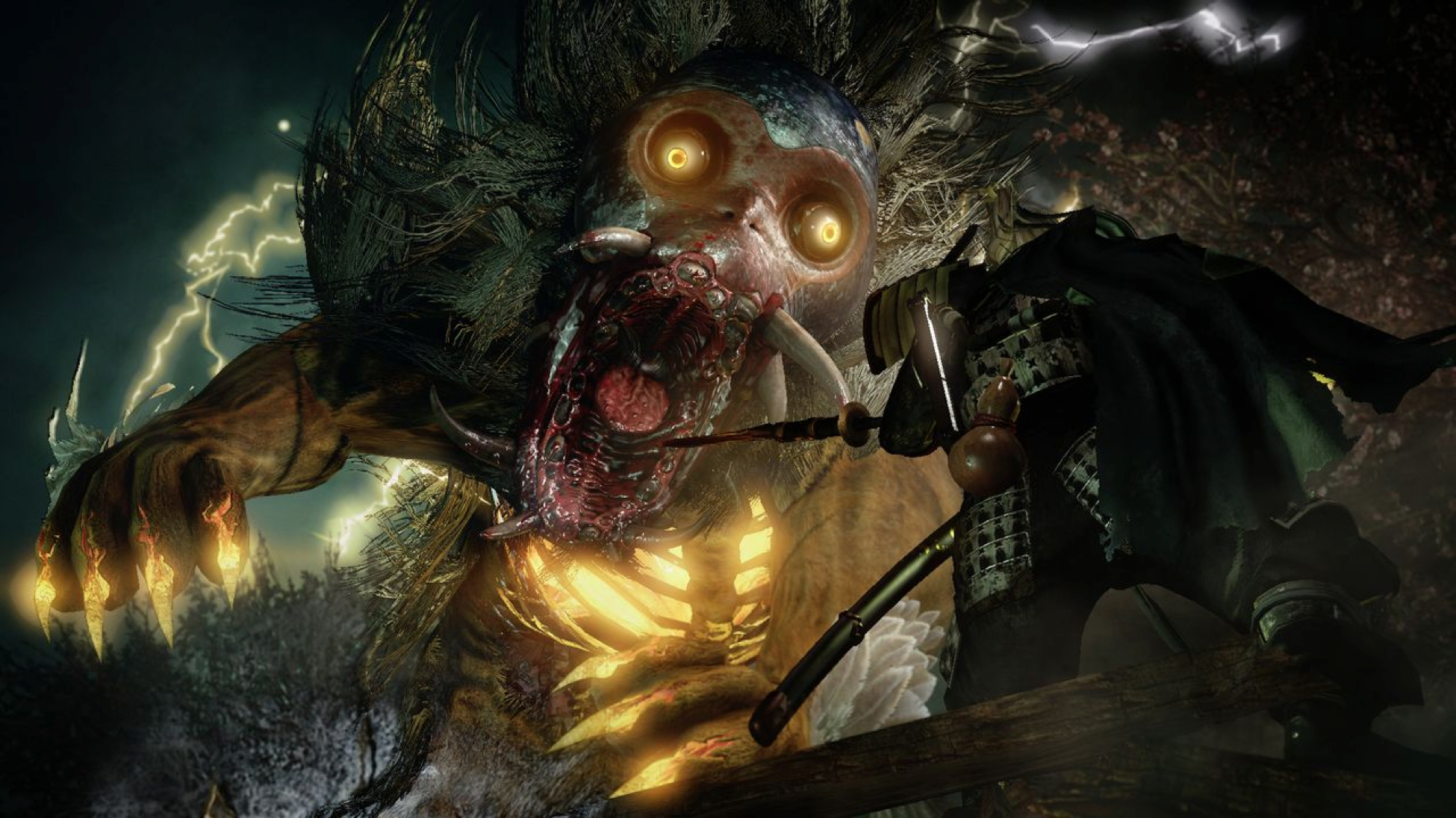
Dun dun dun
It seems wrong on a personal level to compare NIOH to the likes of all those other games, despite probably being the most Souls-like game to ever Souls. But there’s a key difference that separates NIOH from its counterparts, one that is largely the reason why it’s the best selling and most loved of the bunch. To be blunt, it all boils down to actually improving on some aspects of the Souls formula rather than merely mimicking it. NIOH manages to combine aspects of the Soulsborne franchise with Team Ninja’s other big claim to fame, NINJA GAIDEN, and the oft-forgot SAMURAI WARRIORS in order to create a product that carves out its own identity (both figuratively and literally). This conglomeration of elements act to establish the game as a visceral, hackin’ n’ slashin’, Feudal-Era-Japan-in’ experience, rather than be denigrated as “Samurai Souls.”
I’ll be the first to admit that I went into NIOH with the impression that it would be “just okay,” based solely on the track records of other Souls-likes. Fortunately, I think I can now say that the game has swayed me to consider otherwise. Do I necessarily think that NIOH is on par with the Dark Souls franchise? . . . Yeah, in some areas. And in others, it performs even better.
Even though I’m about nine months late to the party (only a few weeks late to the re-release though!), I’ll still run through a basic synopsis. NIOH puts you in the role of William, an Irishman that finds himself washing up on the shore of Japan during one of the most defining and turbulent segments of the country’s history. And turbulent it is, as not only is the Sengoku Jidai (or “Warring States,” for you filthy gaijin) period happening in full effect, but hordes of demons known as yokai have joined in on the party, preying on friend, foe, and the rest of the Japanese population. It is then up to you to go out, don some bitchin’ samurai armor, slay as many yokai as possible, and help end the century-long conflicts of the Sengoku Jidai with your own brand of bloody weaboo justice.
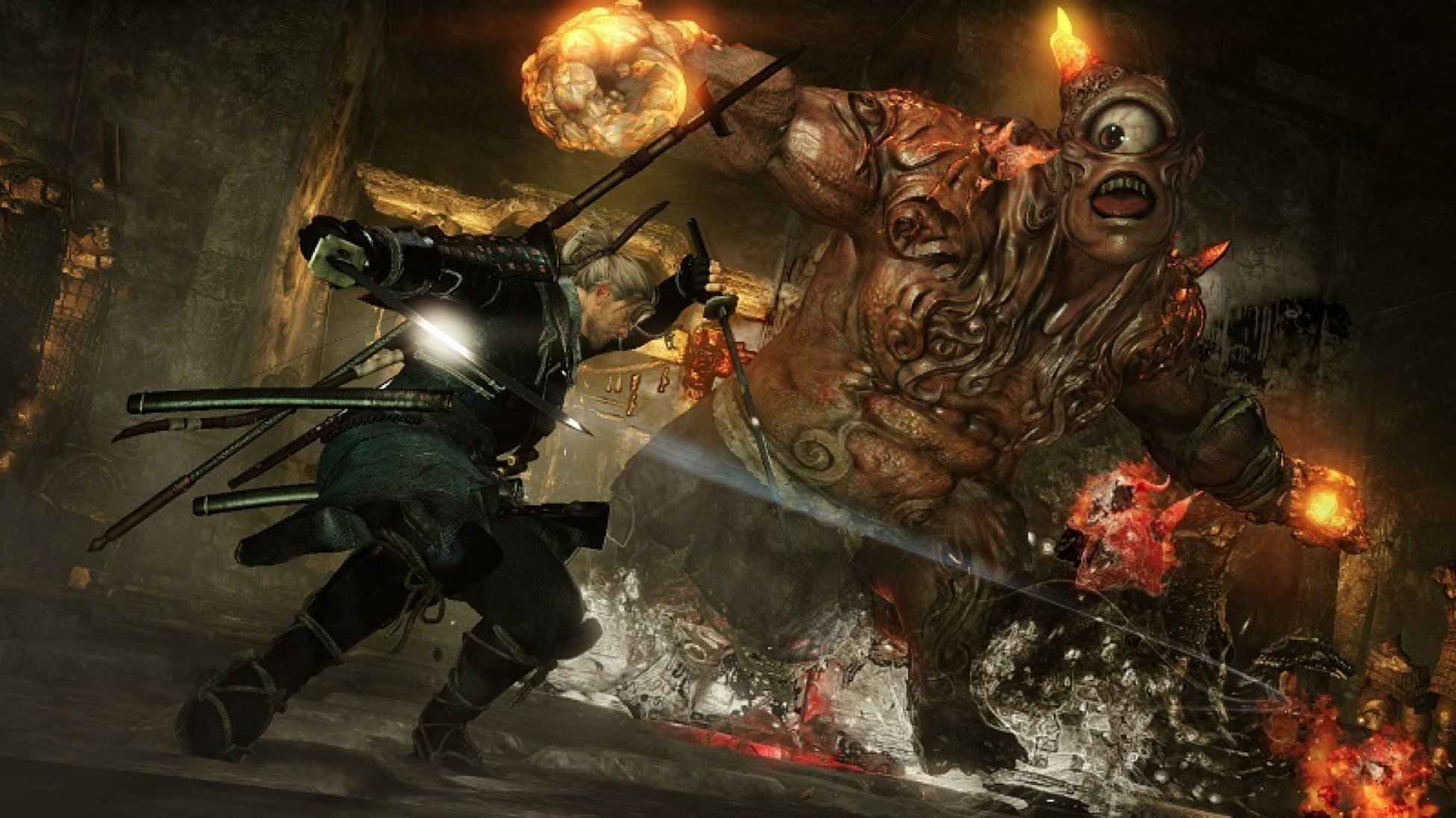
Pictured: historical accuracy
The flat-out best aspect of NIOH is in its punishing combat, which is coincidentally also the aspect of NIOH that improves the most upon the Souls formula. It would be remiss to mention that nearly all of the gameplay elements are lifted straight from the source material, including the reliance on stamina management and the need for precise timing when it comes to evasion and strikes. However, NIOH decides to differentiate itself from its Souls-like brethren and pulls primarily from the BLOODBORNE school instead, hewing in on aggressive tactics and fast-paced onslaughts. More so than any other Souls-like (and even compared to the genuine article), stamina is the name of the game; apocalyptically strong enemies render health points all but useless in NIOH, especially if you decide in a fit of masochism to play the “Way of the Strong” difficulty or without help from an online companion, so stamina is the only thing standing between you killing an enemy or vice versa. Just as BLOODBORNE incentivised aggression with being able to recover health from attacking, NIOH does similarly with stamina, rewarding those who are meticulous about their strategies and timing more stamina to win out.
The game also sufficiently adds on to the established formula in a few different ways. One issue that typically plagues the subgenre is a concern of gameplay balance and ease of access. In the case of ABSOLVER, the system of combat is exceedingly nuanced, but then suffers for being involved to the point of inefficiency. In SALT AND SANCTUARY, the level of challenge pushes past the boundary of “difficult” and leans into the realm of just being unfair and unfun. On the opposite end of the spectrum, you have games like LORDS OF THE FALLEN that are significantly less difficult than their source material, with combat that ends up feeling more tedious than challenging.
NIOH is by no means the latter, given its dual hardcore difficulty action game roots, and is definitely intense enough to give even Soulsborne veterans a rush. Keeping that in mind, the game does equalize itself between those two camps and attempts to resolve this issue with careful consideration to combat, such as allowing you to view your enemy’s stamina and adjust your strategy accordingly, or even mercifully allowing you to pause the game in general (a rule that DARK SOULS decided wasn’t allowed, and thus none of its hardcore acolytes tend to follow either). However, the real notable addition to NIOH in regards to combat is different weapon stances. This aspect can be seen as an adaptation of the SAMURAI WARRIORS and NINJA GAIDEN influences, and allows players to switch up their fighting style with their weapon of choice to approach different situations: fast and weak to deal chip damage, slow and heavy to deal massive damage and break guards, or somewhere in between. Finding specific combinations of these attacks and chaining them together to best both powerful yokai and infinitely more tactical human foes is not only more satisfying in NIOH than it is in SOULS, but a requirement for progression.
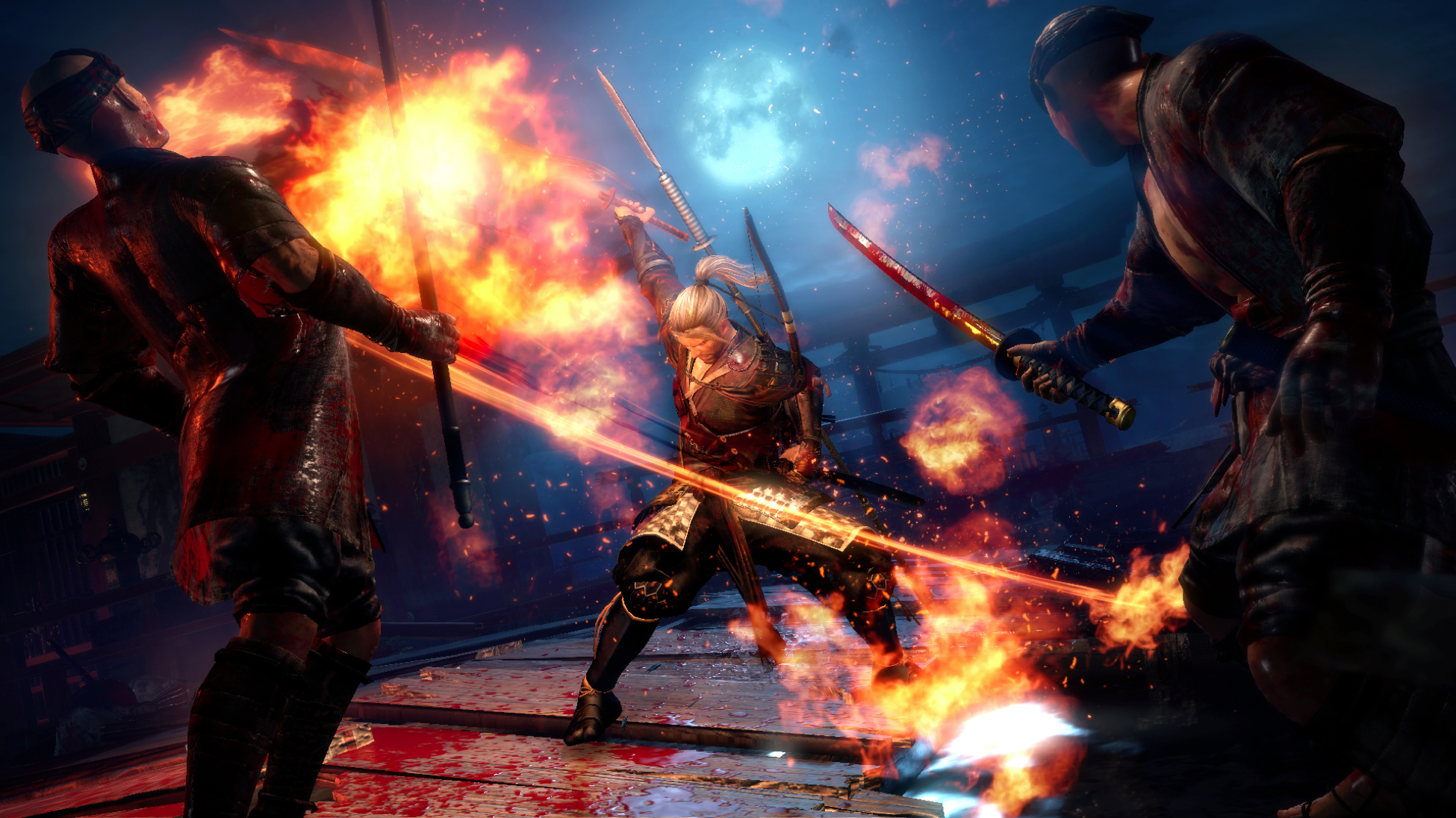
*-Omae wa mou shindeiru- intensifies*
Storytelling is always a difficult beast to tackle when it comes to FromSoftware and their copycats. While it can be argued that SOULS’ method of storytelling leaves a lot to be desired, especially to those used to stories being presented in a straightforward manner, it is indisputable that the writers for the series are experts at creating engaging (if indirect) narrative. Likewise, their attention to detail and the backlogs of intricate lore help to establish not only story beats, but establish scope and grandiosity to the game’s universe. Unfortunately, many Souls-likes have demonstrated that telling a story through environmental detail and indirect means can fall flat on its face if done wrong, or just make the overall feel of the game diminish and look significantly shallow. Luckily, NIOH doesn’t fall into these pitfalls and constructs an excellent worldscape akin to the style of SAMURAI WARRIORS, utilizing Japan’s rich mythology and blending it with real-world history in a fantastically entertaining manner.
Its attempt at a coherent story though, while admirable, is ultimately kind of weak and disjointed. This may in part be due to the game’s more “chapter”-based mission selection versus having one complete, open world like its inspiration, though the majority the narrative’s issue can be chalked up to lack of character depth and character motivations floundering to drive the plot. The game does utilize its cast of actual-but-romanticised historical figures and its depiction of the time period serviceably (including William himself . . . kinda), though their reasons for existing all together in one place and working to stop or exacerbate the conflict is kind of shallow and pointless. By the end of the game, all of the “story” involving William ending up in Japan and settling the chaos amounts to him running errands and killing yokai, occasionally finding the Big Bad to push him to do a thing, and then ending without a clear resolution or any sense of satisfaction. And as far as characters other than William (who is demonstrably the most bland character), their depth is all but nonexistent, basically boiling down to “Hey, I’m Hattori Hanzo! You know who I am because I exist in like 50 billion other Japanese History-inspired things.” I could probably recall the different characters and yokai off the top of my head just because I’m a history buff and sad, sad nerd, attempting to glean what their purpose, motivations, or backstory could be like based on that information, but could the average player manage that? Much less care about what’s even happening outside of killing a bunch of ninjas and demons? Probably not. Does it necessarily detract from the enjoyment of the game? Probably not. But it’s a grievance nonetheless.

Side note: If you were playing the Dark Souls drinking game again, I sincerely apologize. You’re definitely dead this time
My petty grievances aside, NIOH is no doubt an excellent game, and is bar none the best of the Souls-likes. As I mentioned earlier, it almost seems wrong to even compare the game to its ilk; despite being probably the most derivative of the bunch in terms of gameplay and feel, it also manages to be the most transformative as well, giving itself enough of an identity to escape the trap of its “Samurai Souls” label. With the Dark Souls trilogy complete and BLOODBORNE’s coveted sequel floating around somewhere in a distant aether, this is probably the best Souls-related experience we’re going to get for quite a while.
Verdict: Recommend
Reviewed on PC


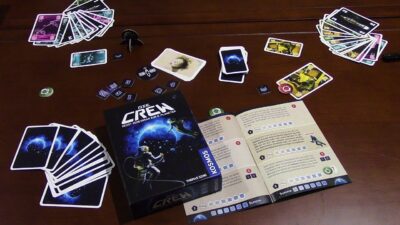
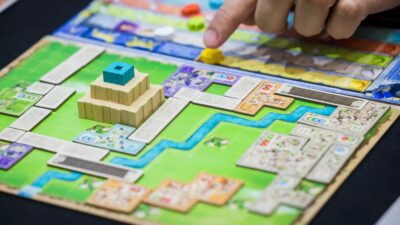
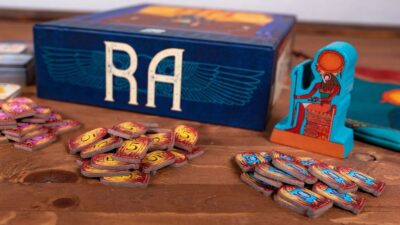
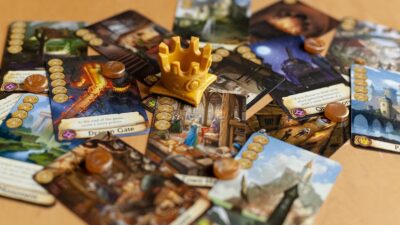


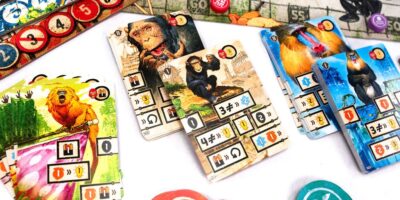
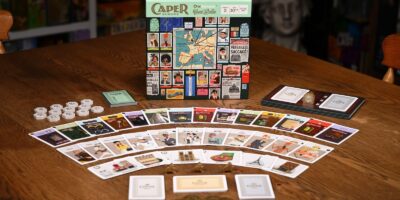
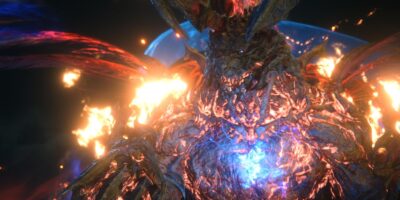


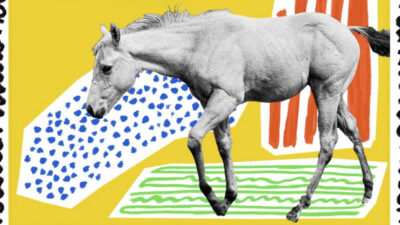
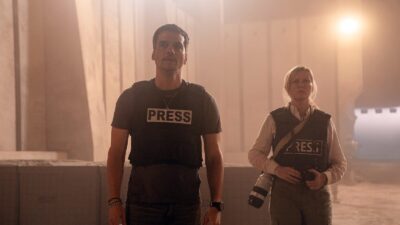
[…] ever closer to our inevitable extinction, and the list of games leeching off DARK SOULS just keeps. Getting. Longer. I’m sure anyone that’s passively eyed gaming culture the past decade knows how big an […]